What is Creatine?
Creatine is one of the most well-researched and effective supplements for increasing strength, muscle mass, and performance. It is a naturally occurring compound found in small amounts in foods like red meat and fish. However, supplementation ensures your muscles have a readily available energy source to power through high-intensity workouts.
The Gold Standard: Creatine Monohydrate
What is Creatine Monohydrate?
Creatine Monohydrate is the most widely used and studied form of creatine. It has been proven to increase muscle mass, improve exercise performance, and support cognitive function.
Benefits of Creatine Monohydrate:
Proven Effectiveness – Backed by hundreds of scientific studies.
Cost-Effective – Most affordable form of creatine.
Highly Bioavailable – Easily absorbed by the body.
Muscle Hydration – Helps pull water into muscle cells for a fuller look.
ATP Production – Enhances energy output during intense training.
Creatine HCL: A Newer Alternative
What is Creatine HCL?
Creatine Hydrochloride (Creatine HCL) is a more recent form of creatine that binds the molecule to hydrochloric acid. This formulation claims to offer better solubility and absorption compared to monohydrate.
Benefits of Creatine HCL:
- Increased Solubility – Dissolves more easily in water.
- Reduced Bloating – Some users report less water retention compared to monohydrate.
- Smaller Doses Required – Due to enhanced absorption, lower doses may be effective.
Creatine Monohydrate vs. Creatine HCL: Which One Should You Choose?
Effectiveness
Both forms support strength and performance, but Creatine Monohydrate has decades of research backing its effectiveness, while HCL has limited studies in comparison.
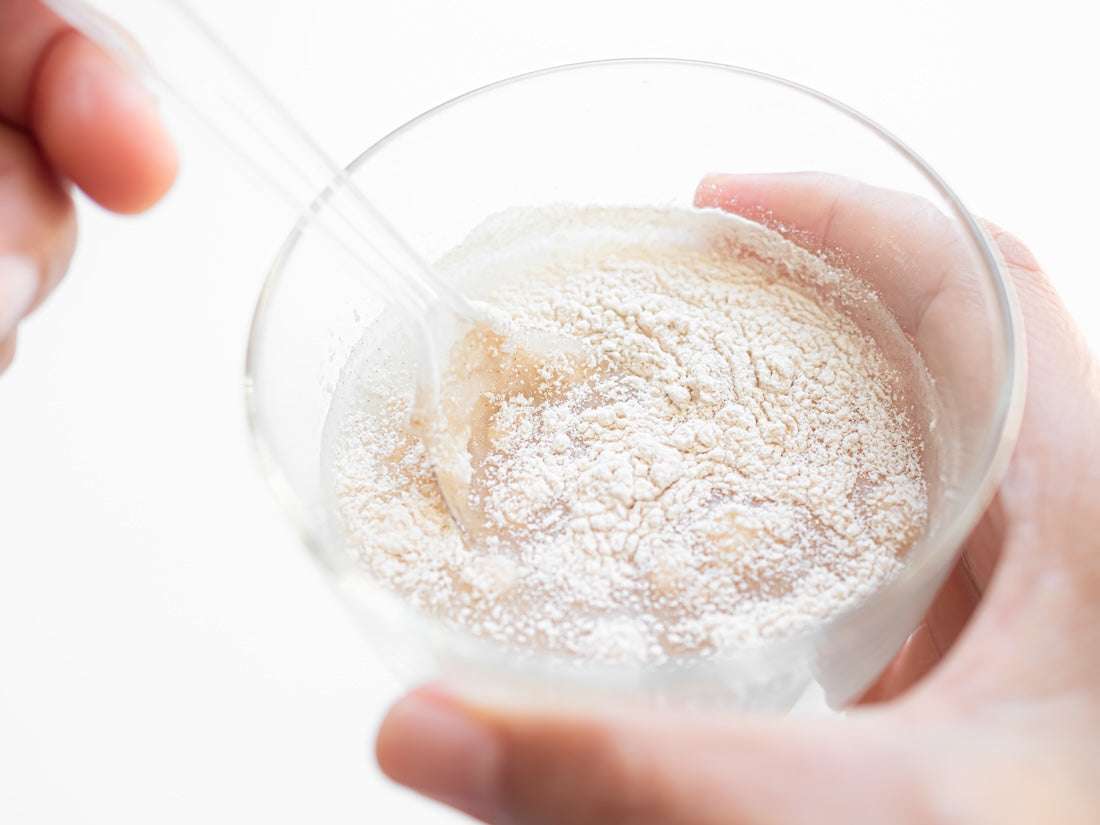
Absorption & Solubility
Creatine HCL is more soluble in water, which may make it easier to digest for those who experience bloating with monohydrate. However, monohydrate’s absorption can be improved by simply taking it with food or warm water.
Creatine Monohydrate is the most widely used and studied form of creatine. It has been proven to increase muscle mass, improve exercise performance, and support cognitive function.
Cost Comparison
Creatine Monohydrate is significantly cheaper and available in larger quantities, making it the better option for budget-conscious consumers.
Dosage
Creatine Monohydrate: Standard dose is 3-5g per day.
Creatine HCL: Due to better solubility, a smaller dose of 1-2g per day is typically recommended.
Which One is Right for You?
If you want the most researched and cost-effective option → Go with Creatine Monohydrate.
If you have digestive issues with monohydrate → Try Creatine HCL.
If budget is a concern → Creatine Monohydrate is the better value.
Final Verdict
Creatine Monohydrate remains the gold standard due to its overwhelming scientific support, affordability, and effectiveness. While Creatine HCL may offer benefits for those with digestive sensitivities, it lacks the extensive research backing monohydrate.
Where to Buy High-Quality Creatine
When choosing a creatine supplement, opt for 100% pure, lab-tested Creatine Monohydrate from a trusted brand. Look for third-party testing certifications to ensure quality and purity.
Related Articles:
Best Time to Take Creatine for Maximum Absorption
- 5 Tips for faster recovery
- Unlocking the Power of Glutamine for Performance Athletes and Bodybuilders
- Boost Your Athletic Performance with These Effective Workout Tips
FAQ
1. Does Creatine Cause Water Retention? Yes, but primarily inside muscle cells, which enhances muscle fullness and strength.
2. Can I Mix Creatine with Protein? Yes! Creatine and protein work synergistically to support muscle growth.
3. Should I Cycle Creatine? No, cycling is unnecessary as long as you take the recommended daily dose.
4. Is Creatine Safe? Yes, extensive research confirms creatine is safe for long-term use.
By incorporating Creatine Monohydrate into your routine, you’ll experience enhanced performance, faster recovery, and improved strength—all without breaking the bank!
-Jon Klipstein
"Before launching our Creatine products, I had the same questions as we went back and forth on what would be the best source of Creatine to offer our customer base. After lengthy R&D, plus internal research we made a decision based on what we felt would be best for our users. This blog is the high level overview of our findings."
Featured product
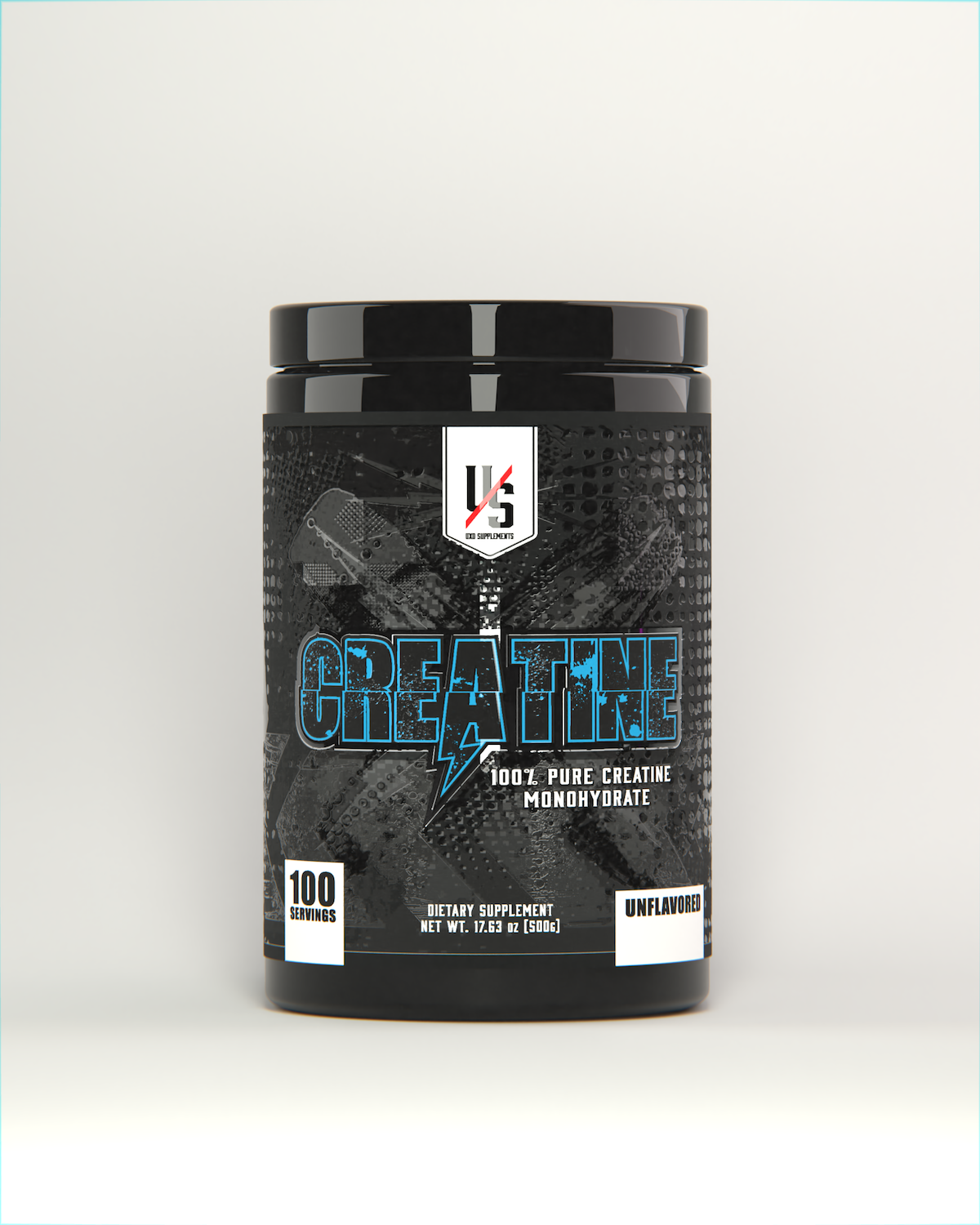
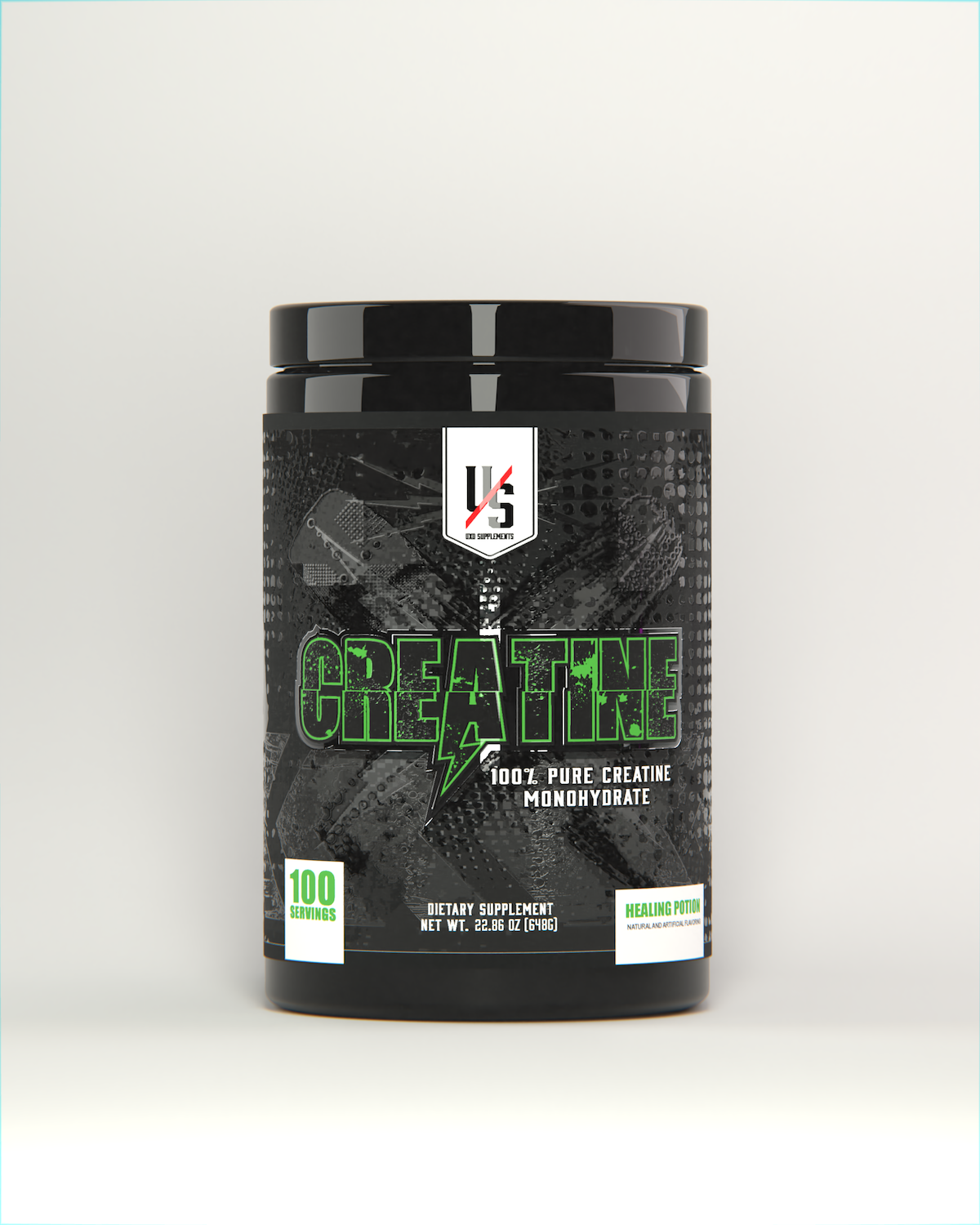
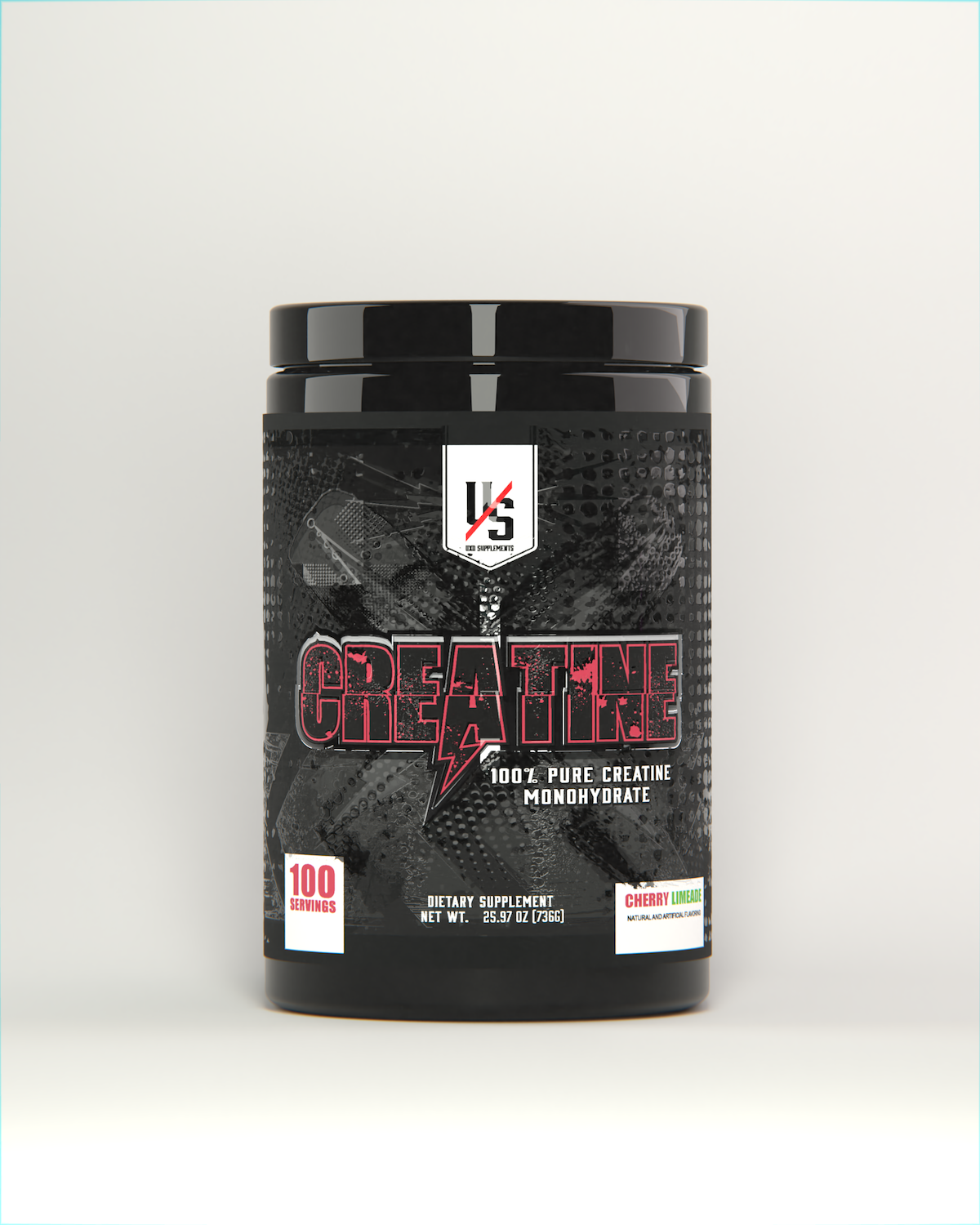
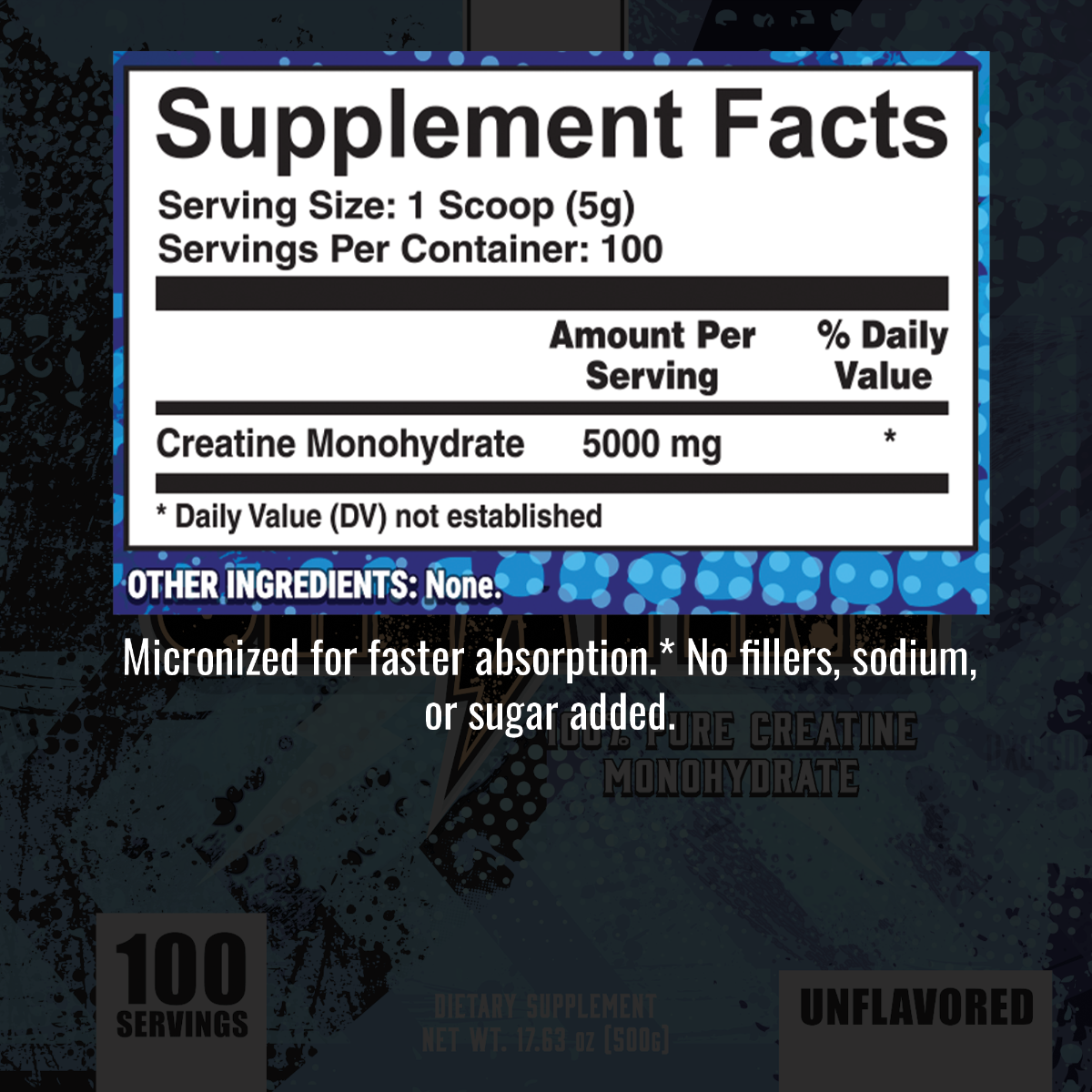
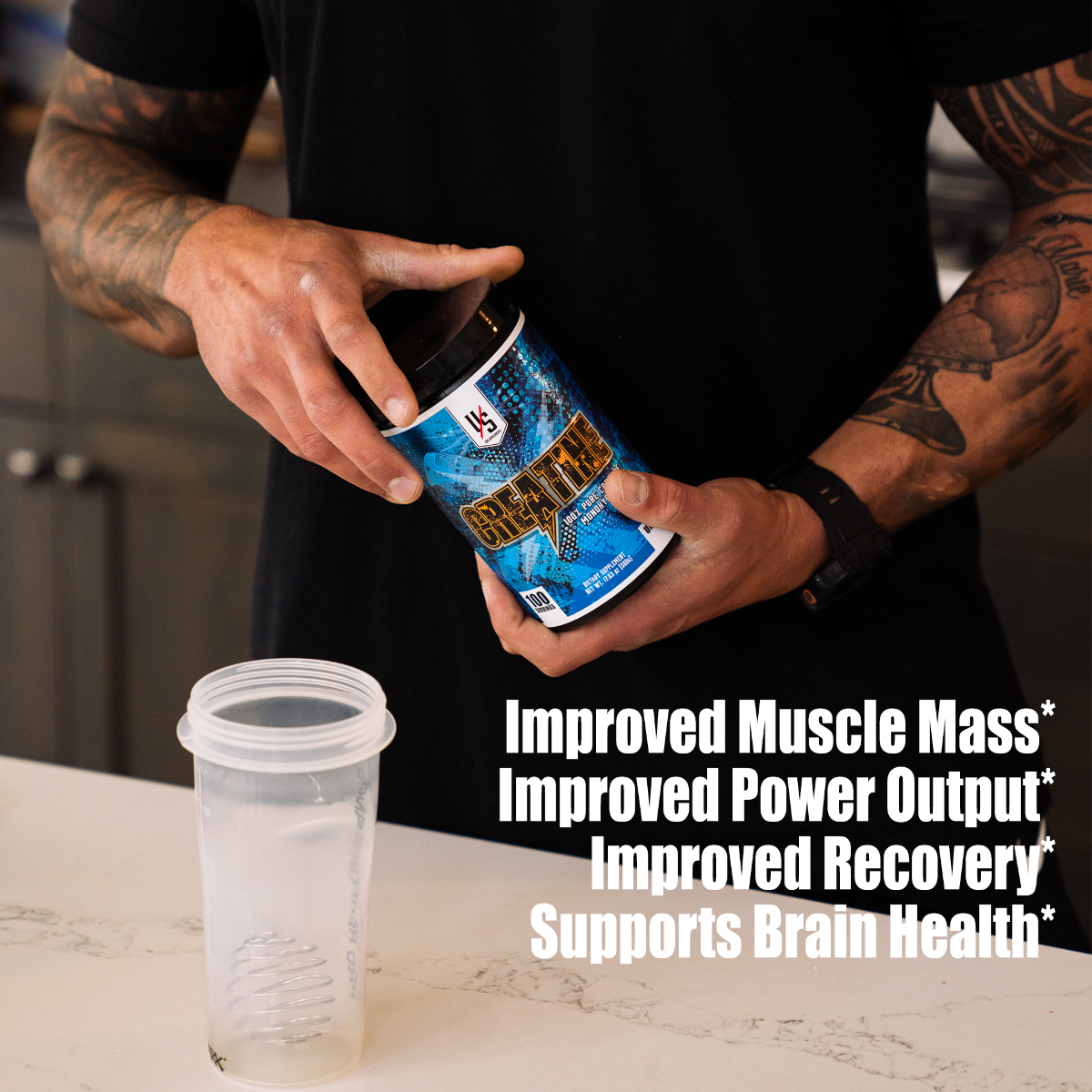
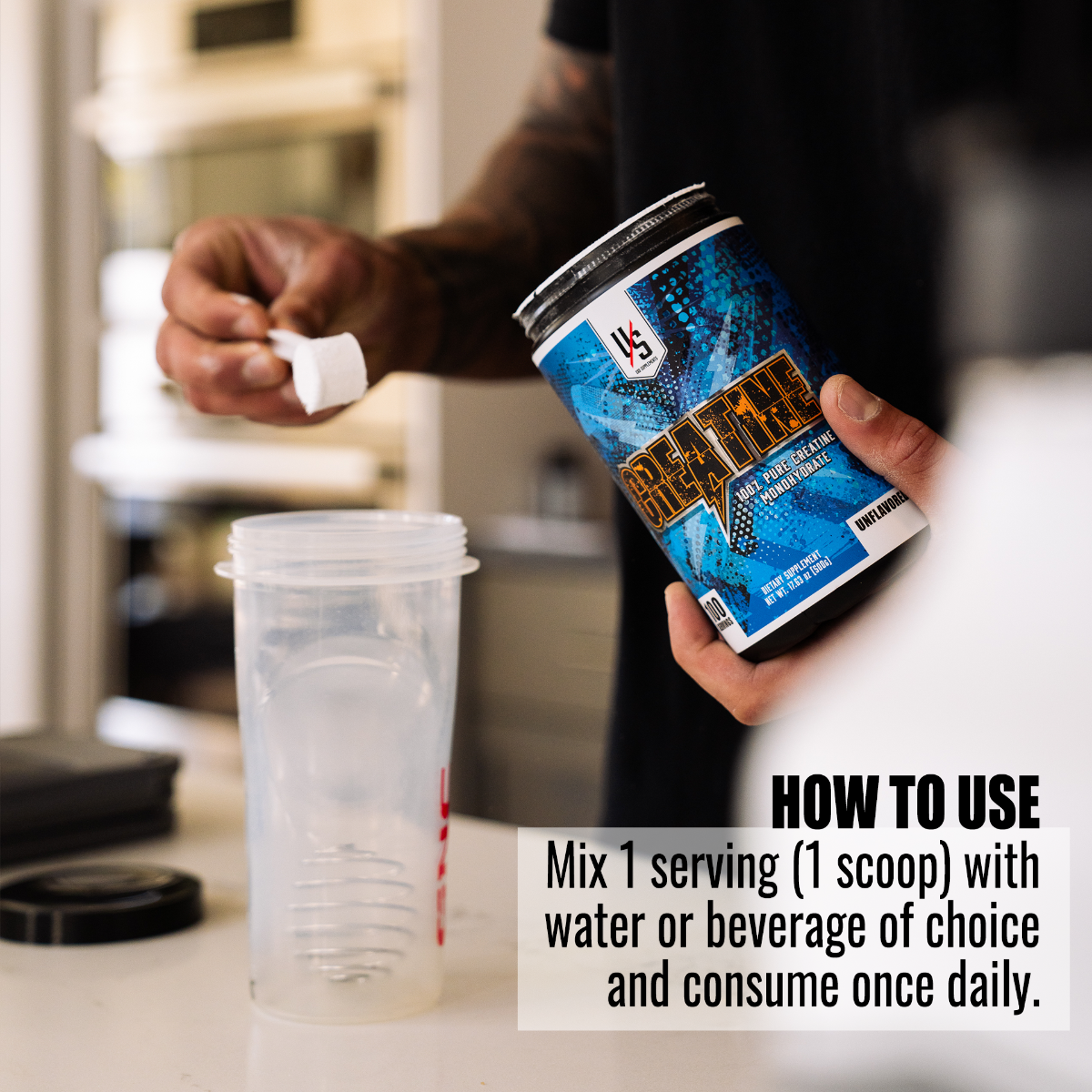

Pickup available at 11880 W. President Dr. Suite D
Usually ready in 24 hours

Micronized Creatine Monohydrate
100 serving / Healing Potion
11880 W. President Dr. Suite D
11880 W President Dr
Suite D
Boise ID 83713
United States
PRODUCT DETAILS
100 servings per container |
|
Increased muscle and strength |
|
improved recovery |
|
could support brain health |
How do you choose the right Creatine Monohydrate?
1: While Creatine Monohydrate is the most popular version, there are differences in Creatine Monohydrate. If you are worried about stomach sensitivity, we recommend taking a Micronized Creatine Monohydrate. Micronized meaning it has been broken down into smaller particles to improve solubility.
2: Is 3rd Party testing important to you? Are you a drug tested athlete, or concerned about cross contaminents making their way into your products? The only way to ensure you are getting exactly what is on the label, without any traces of potential banned ingredients is to choose a product that is 3rd party tested.
3: How do you want to take your creatine? Stack it with your preworkout or EAAs? Then a non-flavored one would be a great opton. If you want to take Creatine by itself, we recommend a flavored version.
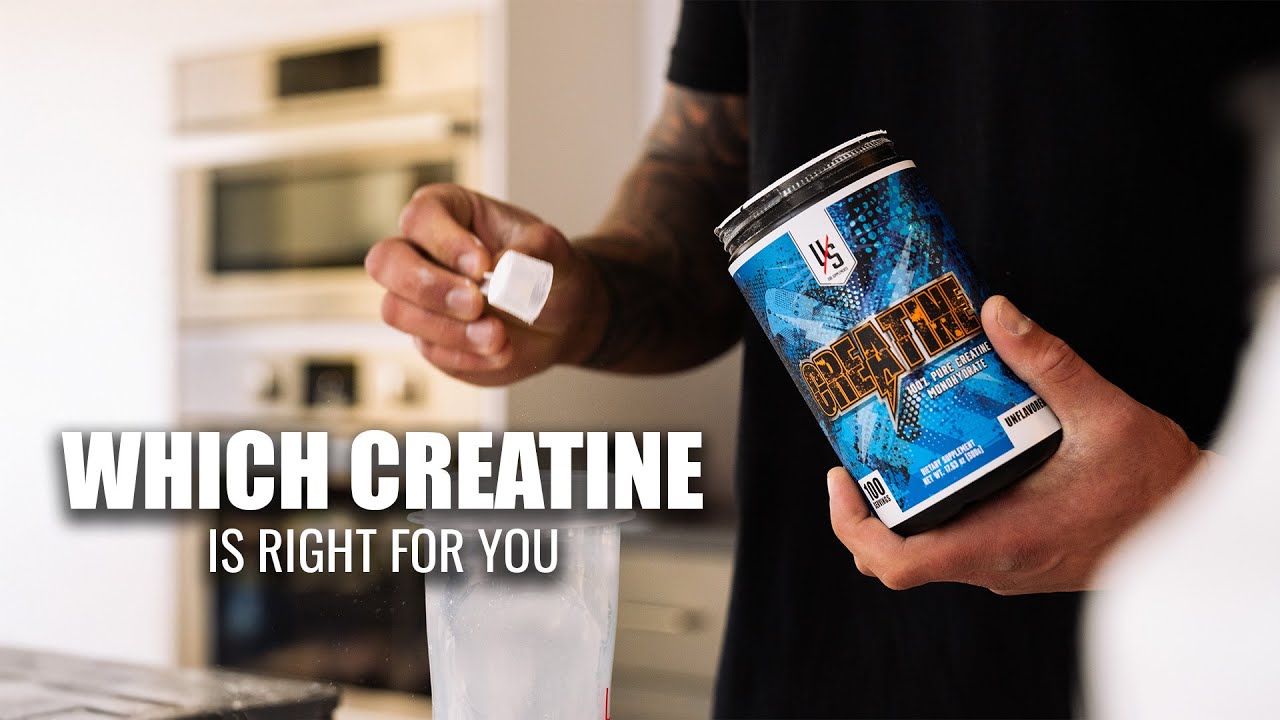
Video
Did you know you can now get Flavored Creatine through UXO Supplements?
With the increased popularity and ever evolving studies on the benefits of Creatine, we decided to give you options. With the unflavored version, you need to be able to mix it with something to mask the bitterness of the raw ingredient. Now you can take Creatine by itself with one of our flavored versions. More will be coming as we continue to grow.
Creatine Monohydrate Pros and Cons
CONS |
|
Not as soluble as HCL |
|
Causes GI Distress with a small % of population |
|
Effects of Stress on Mental Well-being
In the realm of mental health, understanding the correlation between stress and its impact is paramount. Stress is not merely a transient emotional response; it's a complex physiological reaction that can significantly influence one's mental well-being. Delving deeper into this relationship sheds light on how stress affects mental health and underscores the need for effective coping mechanisms.
The Interconnection: Stress and Mental Health
Stress isn't inherently negative; it's the body's natural response to challenges. However, prolonged or excessive stress can adversely affect mental health. Research has shown a direct link between chronic stress and various mental health disorders, including anxiety and depression. Understanding this connection is pivotal in addressing mental health issues at their core.
Unraveling the Physiological Impact
The physiological impact of stress on mental health cannot be overstated. When an individual experiences stress, the body releases cortisol, often referred to as the "stress hormone." Elevated cortisol levels, over time, can disrupt the brain's functionality, affecting memory, mood regulation, and decision-making. Chronic stress can even lead to structural changes in the brain, amplifying the risk of mental health disorders.
Coping Strategies and Resilience Building
Developing effective coping strategies is essential in mitigating the detrimental effects of stress on mental health. Engaging in mindfulness practices, regular exercise, and maintaining a healthy lifestyle are proven methods to reduce stress levels. Additionally, fostering resilience through social support networks and seeking professional help when needed can significantly bolster mental well-being.
The Role of Lifestyle Changes in Stress Management
Diet and Nutrition
A well-balanced diet rich in nutrients plays a pivotal role in managing stress. Incorporating foods high in omega-3 fatty acids, such as fish, and antioxidants found in fruits and vegetables can help combat the physiological effects of stress on the body and mind.
Physical Activity
Regular physical activity not only enhances physical fitness but also acts as a potent stress-reliever. Exercise stimulates the release of endorphins, the body's natural mood elevators, reducing stress and promoting a sense of well-being.
Mindfulness and Relaxation Techniques
Practicing mindfulness, meditation, or yoga can effectively reduce stress levels. These techniques enable individuals to cultivate a calm state of mind, enhancing resilience against the challenges posed by stress.
Seeking Professional Help: Therapy and Support
Therapy and Counseling
Seeking professional help through therapy or counseling can equip individuals with effective coping mechanisms to manage stress. Therapists provide tailored strategies to address specific stressors and build resilience, fostering improved mental health outcomes.
Support Networks
Building a support network of friends, family, or support groups can provide invaluable assistance in dealing with stress. Sharing experiences and seeking advice from others can alleviate feelings of isolation and promote mental well-being.
Read more
The pursuit of optimal performance isn't just about pushing boundaries during training; it's equally about the art of recovery. Athletes, fitness enthusiasts, and even individuals engaged in phys...

Signs Your Body Needs a Break from the Gym In the pursuit of a healthy lifestyle, regular exercise is crucial. However, it's equally important to recognize when your body is signaling that it need...






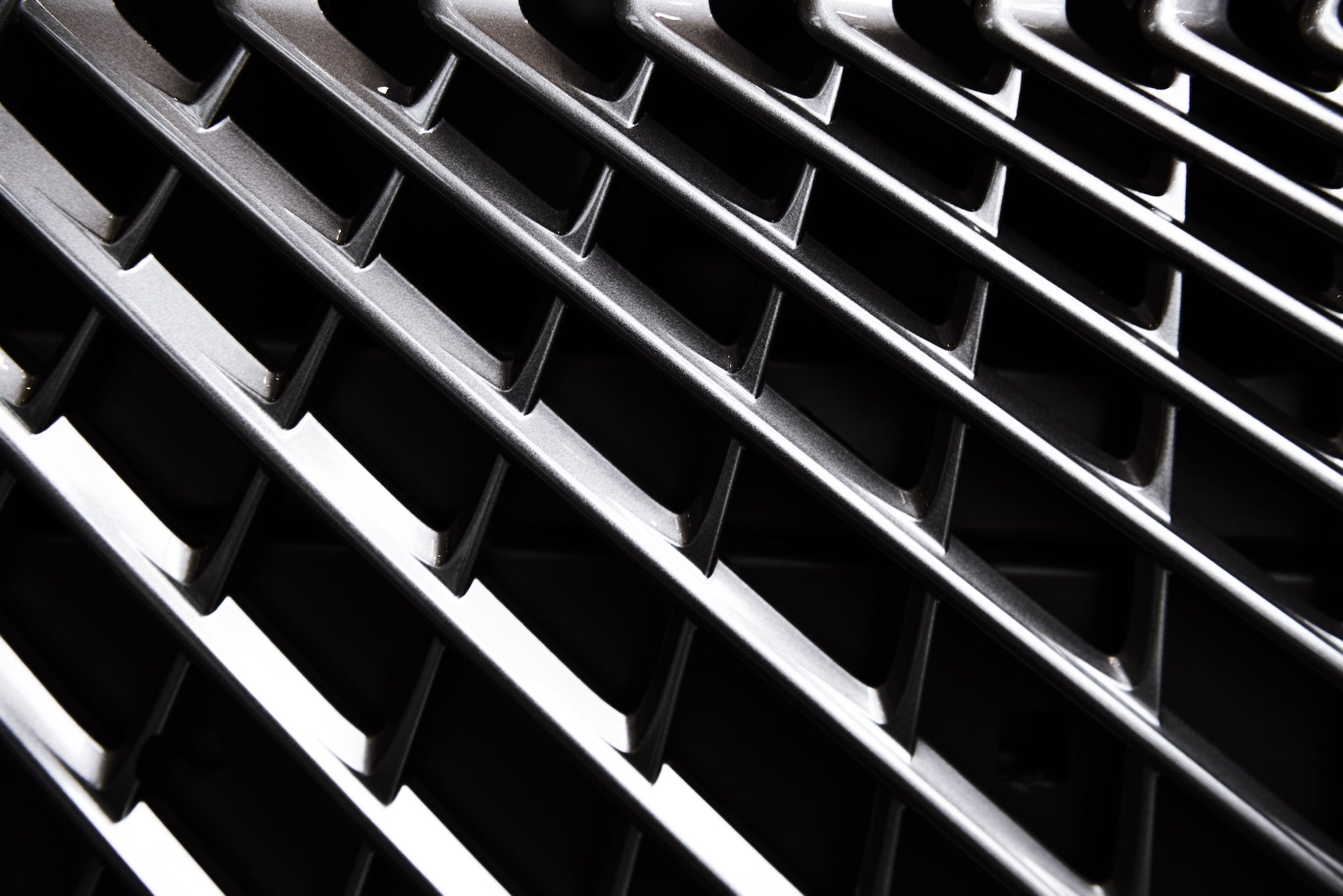


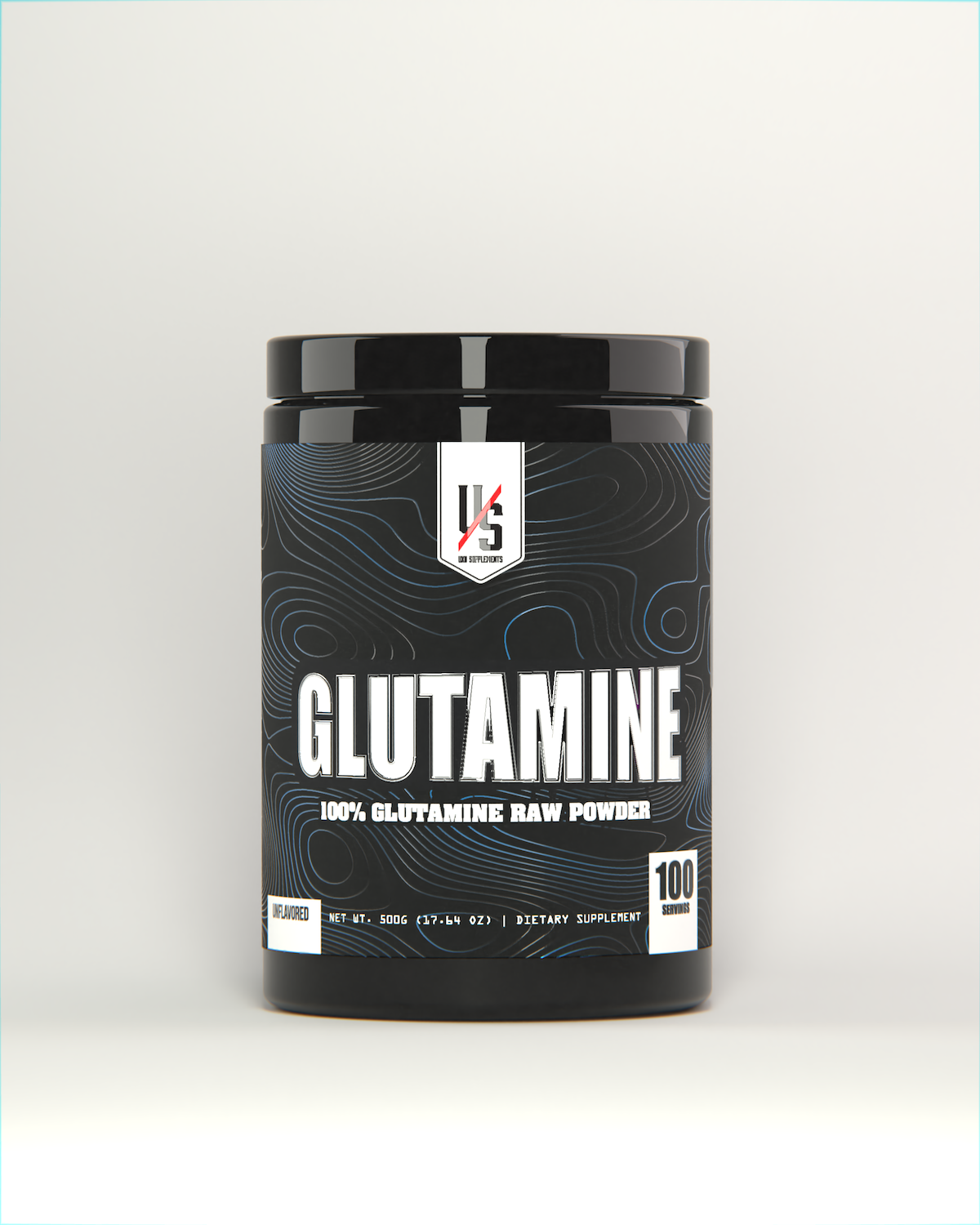
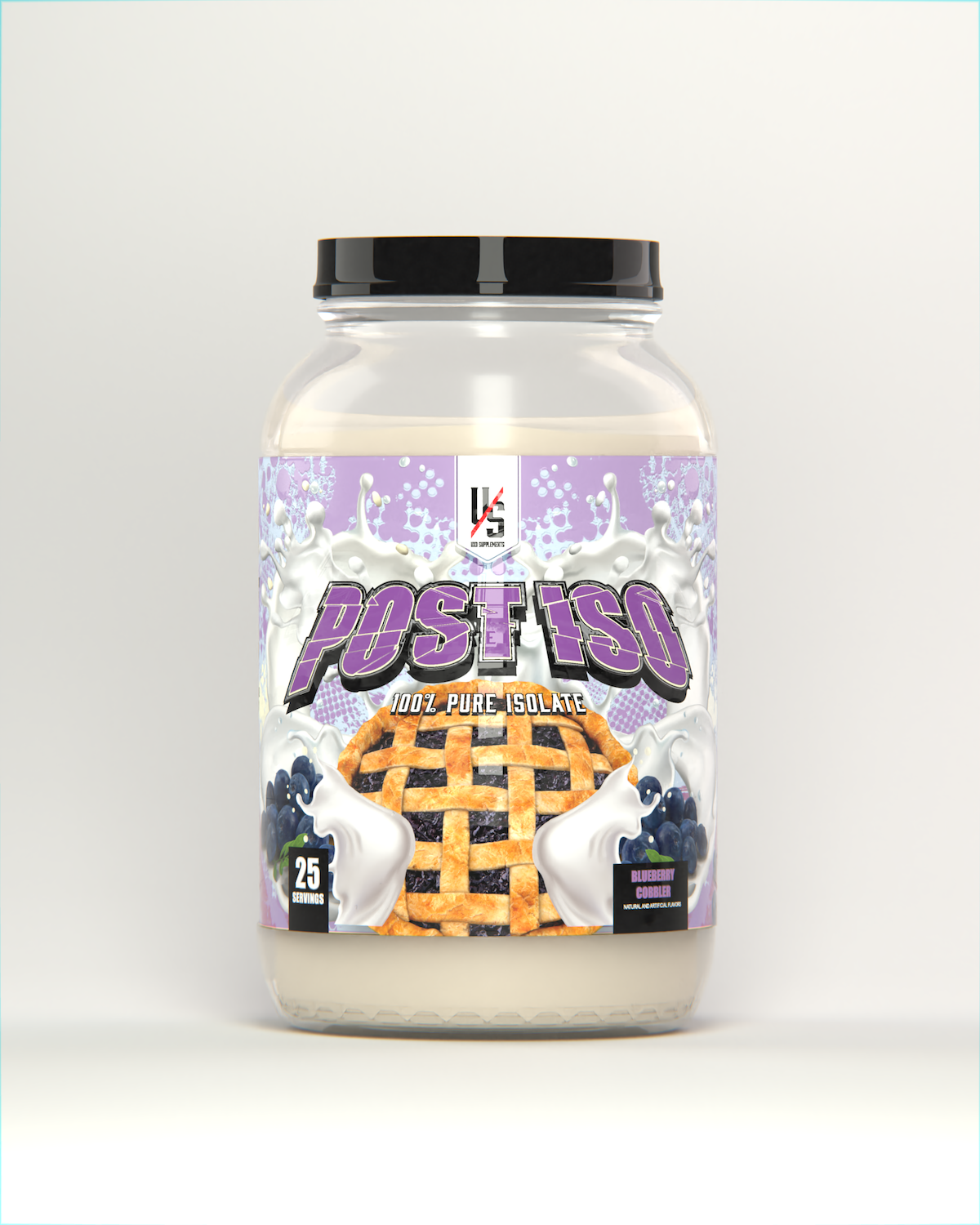
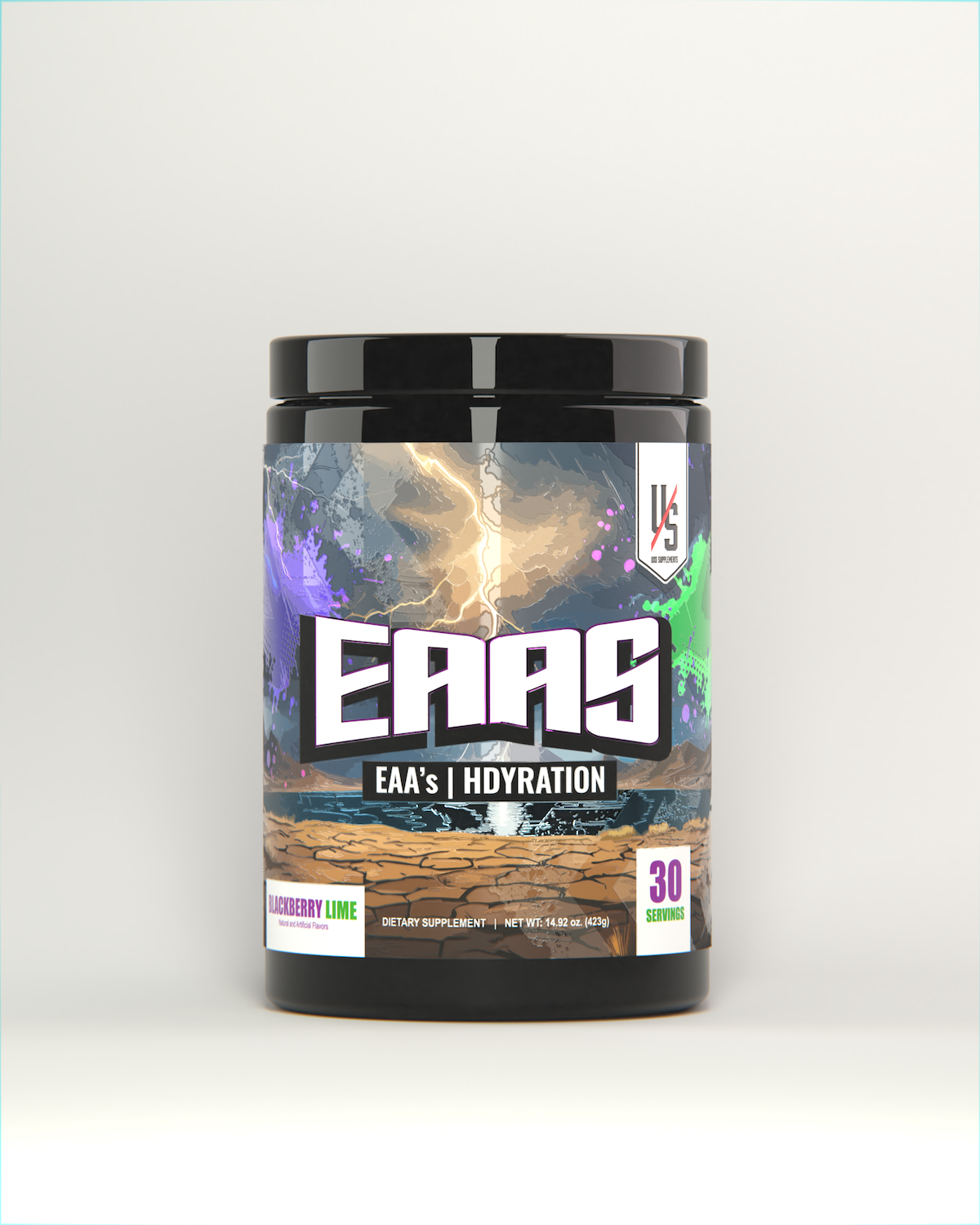
Leave a comment
All comments are moderated before being published.
This site is protected by hCaptcha and the hCaptcha Privacy Policy and Terms of Service apply.